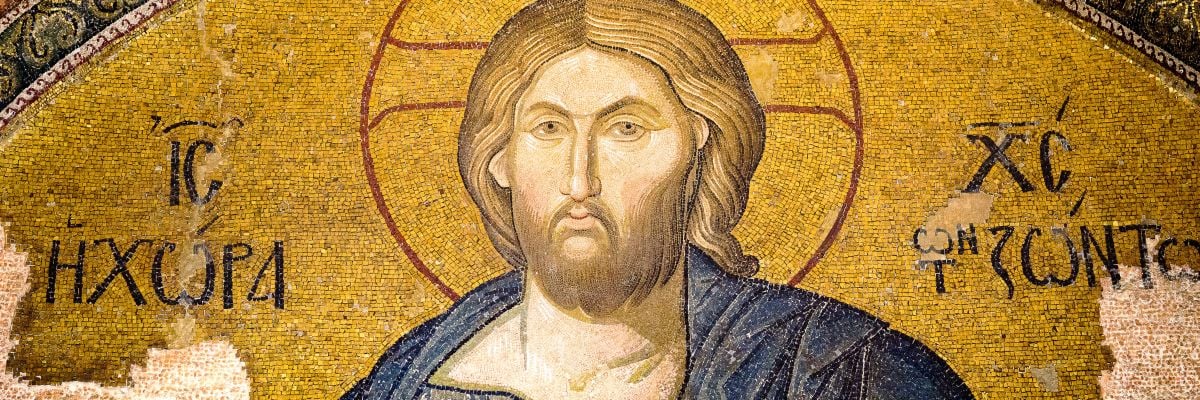
Question:
Answer:
We would encourage you to ask your Muslim friends to examine history more closely. Those in early Church times who argued against the Death and Resurrection of Jesus, e.g., the Gnostic Docetists (who denied Christ’s humanity), did not prevail in advancing God’s kingdom. If the Gnostics were right about Jesus, then Jesus was shown to be unreliable in proclaiming that the gates of hell would not prevails against his Church, the kingdom of heaven (Matt. 16:18-19), because those who said he died and rose from the dead—i.e., orthodox Christians—did prevail.
Indeed, the Death and Resurrection of Jesus was believed by orthodox Christians from the earliest days of the Church, and the subsequent testimony of the four gospel and other New Testament books affirms that belief, whereas the efforts of the Gnostics were chronicled in history as defeated heretics. Consider also the Arians, who denied that Jesus is truly God. Their heresy began to hold sway in the 300s, but it did not prevail, except in influencing Islam via its variant vestiges.
Muslims will counter that the gospels were corrupted. However, unlike Christians who can point to the existence of heretical claimants against the Crucifixion in the historical record, Muslims cannot point to allegedly authentic versions of the gospel that not only espouse Muslim beliefs but also were sustained from the time of Christ to the time of Muhammad’s alleged prophecies. Charitably but candidly stated, similar to the Mormons, Muslims are compelled to create history to account for their lack of it.
Finally, consider the impartial and respected non-Christian historians who affirmed that Jesus was crucified, even though they didn’t believe in the Resurrection. For example, the Jewish historian Josephus wrote, “And when Pilate, at the suggestion of the principle men among us, had condemned him to the cross. . .” (J. Klausner, Jesus of Nazareth, p. 55). And the pagan Roman historian Tacitus recorded, “Christus, from whom the name had its origin, suffered the extreme penalty during the reign of Tiberius at the hands of one of our procurators, Pontius Pilatus . . .” (Annals, 15.44, translation from Latin by A. J. Church and W. J. Brodribb).
For more on this subject, see our different articles, “Islam and the Crucifixion” and another by the same title.



